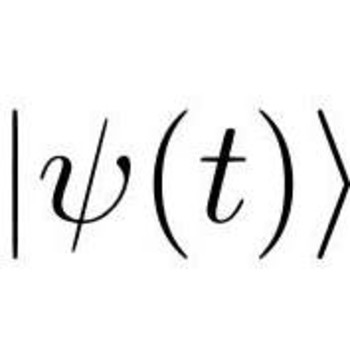A ball with a mass of #6 kg# moving at #4 m/s# hits a still ball with a mass of #3 kg#. If the first ball stops moving, how fast is the second ball moving?
1 Answer
May 26, 2018
Explanation:
We use the law of conservation of momentum, which states that,
where:
#m_1,m_2# are the masses of the two objects
#u_1,u_2# are the initial velocities of the two objects
#v_1,v_2# are the final velocities of the two objects
So, here we get:

